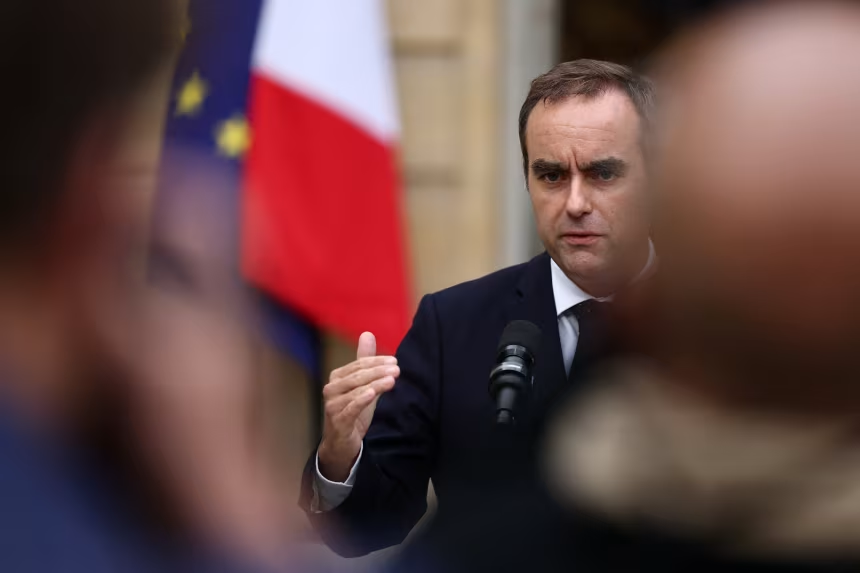France has unveiled a new cabinet under President Emmanuel Macron in a decisive move to restore order and confidence in his leadership. The government reshuffle, led by Prime Minister Sébastien Lecornu, comes at a tense moment for the country as economic and political pressures continue to mount.
Lecornu’s reappointment marks a renewed attempt by Macron to stabilize his administration after months of unrest and declining approval ratings. The new government lineup blends experienced ministers with fresh faces, signaling both continuity and cautious reform. Roland Lescure returns as finance minister, maintaining oversight of the economy, while Catherine Vautrin takes charge of the defense ministry. Paris police chief Laurent Nuñez has been appointed as interior minister, a strategic choice aimed at tightening internal security amid protests and unrest.
The cabinet faces immediate challenges. France’s 2026 budget proposal is due soon, and Lecornu must steer it through a divided parliament where Macron’s centrist coalition no longer holds an outright majority. Rising public debt, slow economic growth, and increasing demands for social spending have created deep divisions among lawmakers. Without broad support, the government risks facing a no-confidence vote that could trigger another political crisis.
Public frustration has grown over rising living costs and the government’s perceived inability to deliver meaningful change. Macron’s approach to reforms, often seen as top-down and resistant to dialogue, has fueled discontent across the political spectrum. Critics argue that the cabinet reshuffle is more cosmetic than transformative, with many appointments drawn from Macron’s inner circle.
Nevertheless, the president’s strategy appears focused on preserving control while projecting a sense of renewal. By incorporating younger technocrats and moderate allies, Macron aims to rebuild a fragile alliance across party lines. The challenge will be turning this appearance of unity into effective governance capable of addressing France’s economic struggles and restoring public trust.
For the new cabinet, success depends on tangible outcomes — particularly in stabilizing the economy, managing public finances, and easing social tensions. If Macron and Lecornu fail to deliver results, they risk deepening the public’s disillusionment and further destabilizing France’s political landscape.


